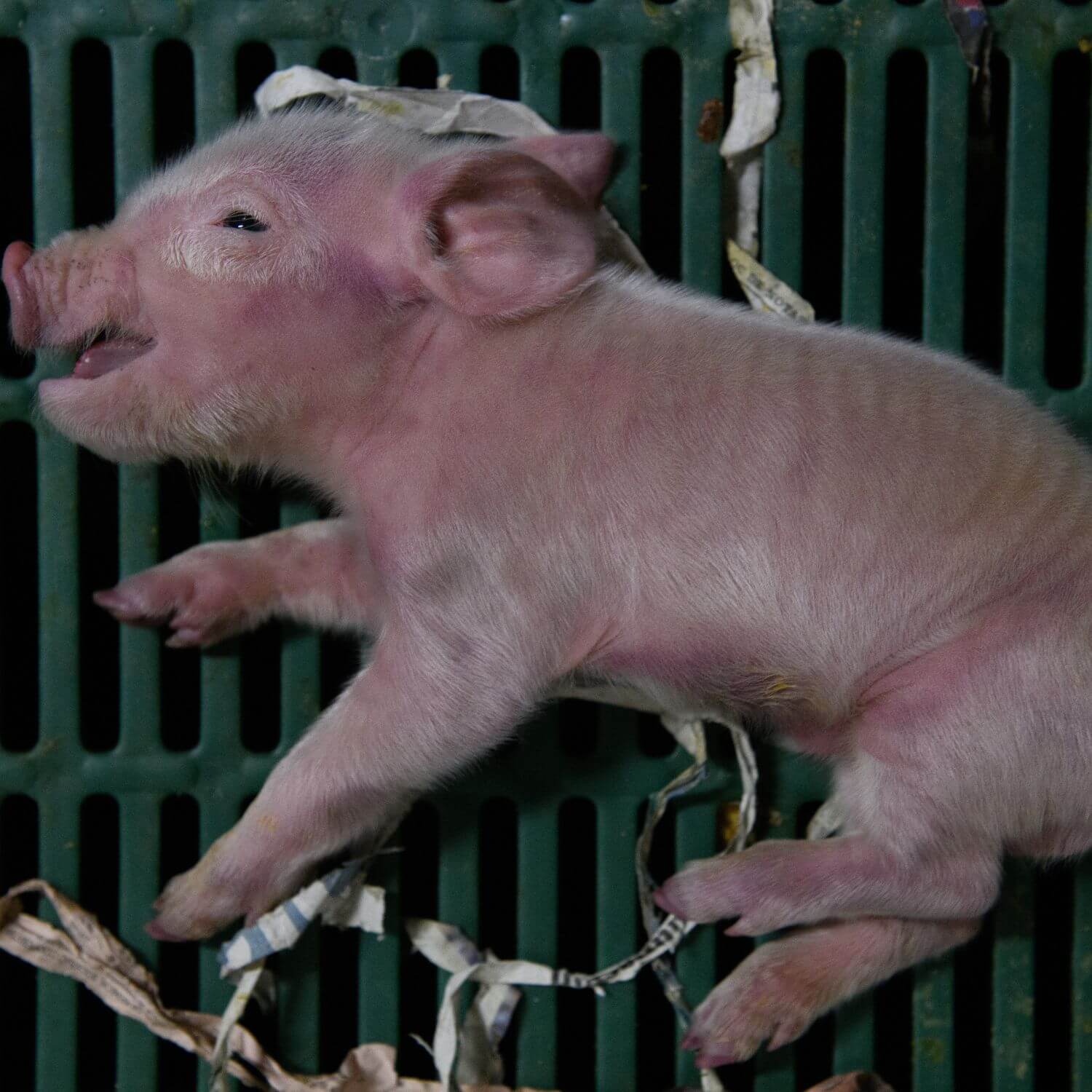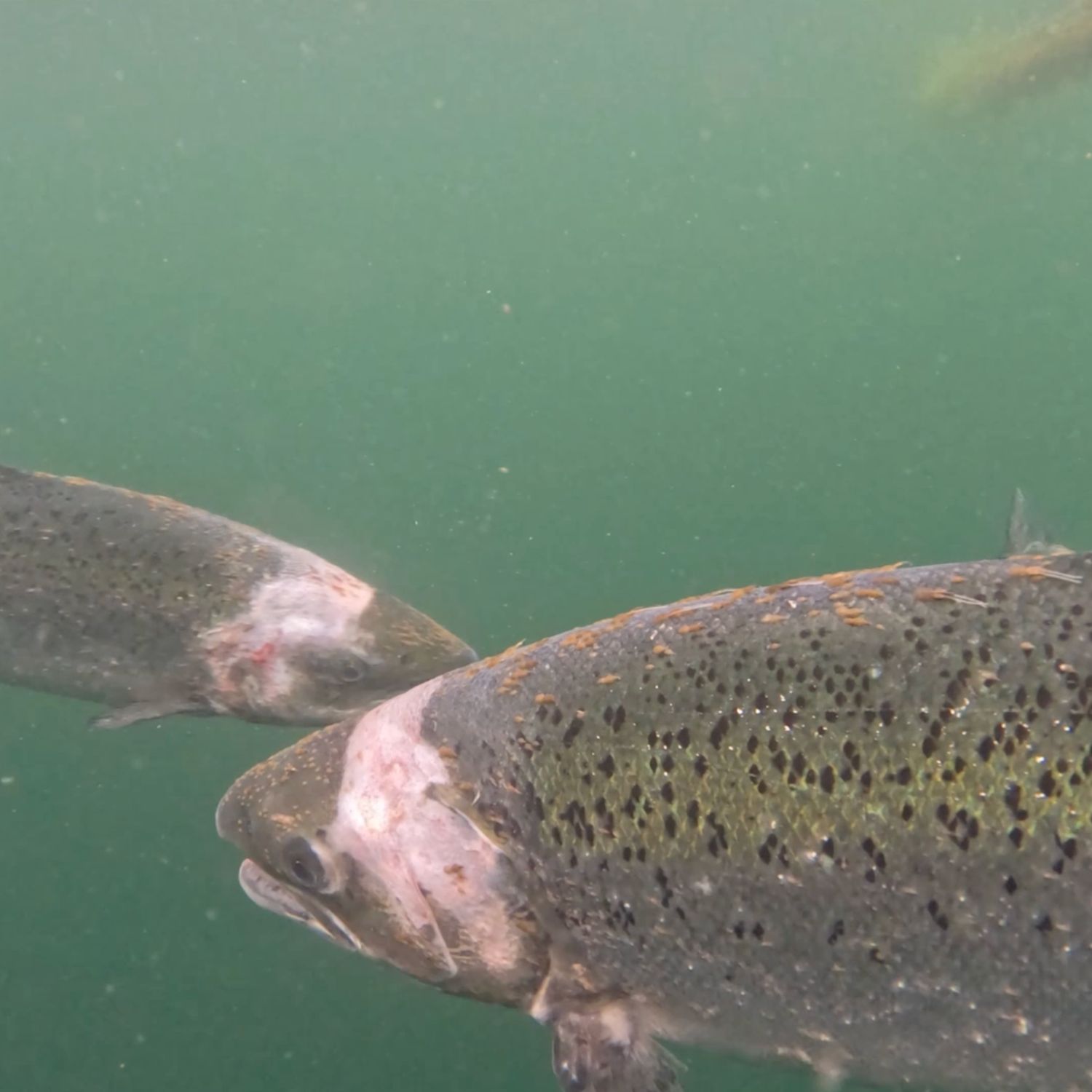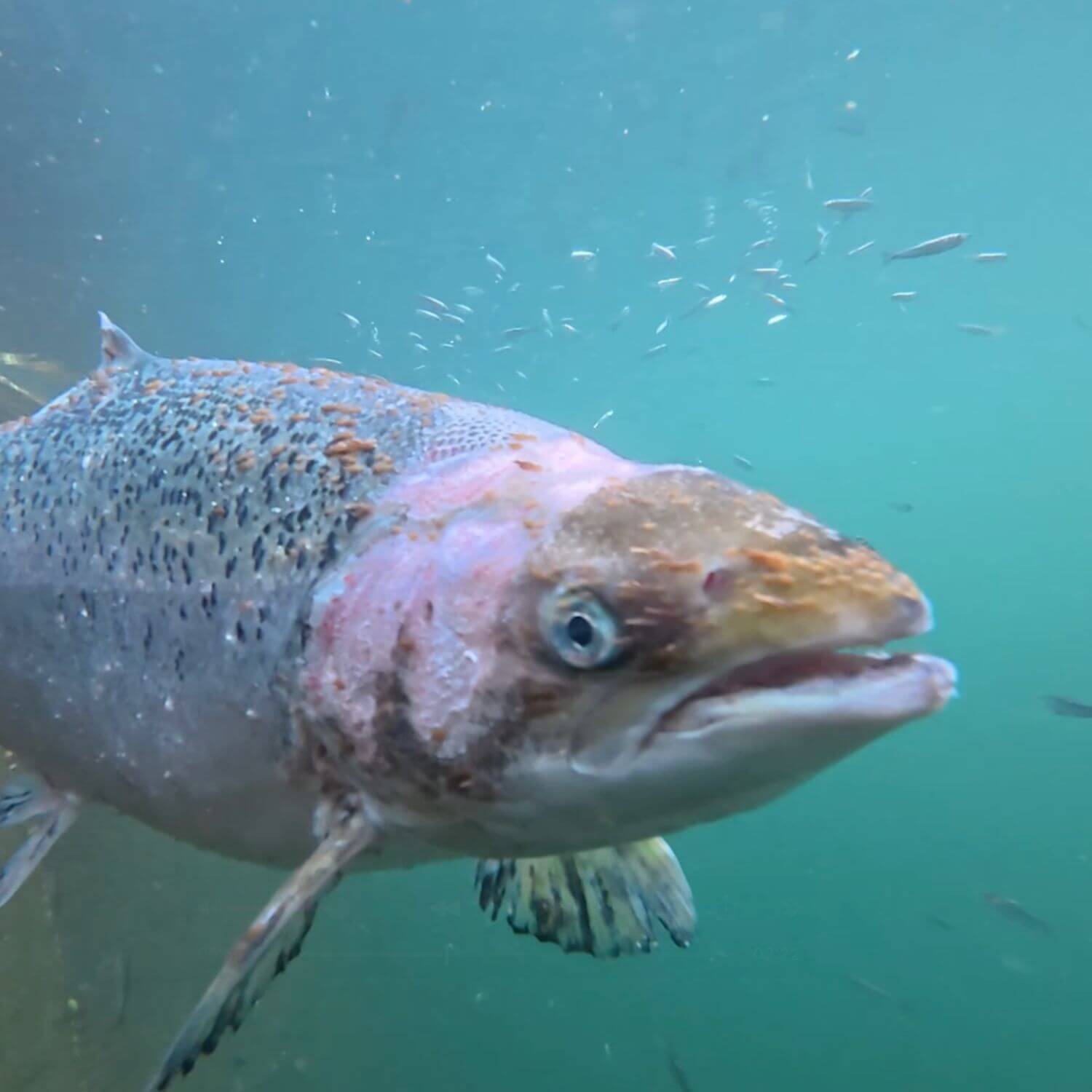Animal Equality and Eurogroup report warns: EU-Mercosur trade deal threatens billions of farmed animals
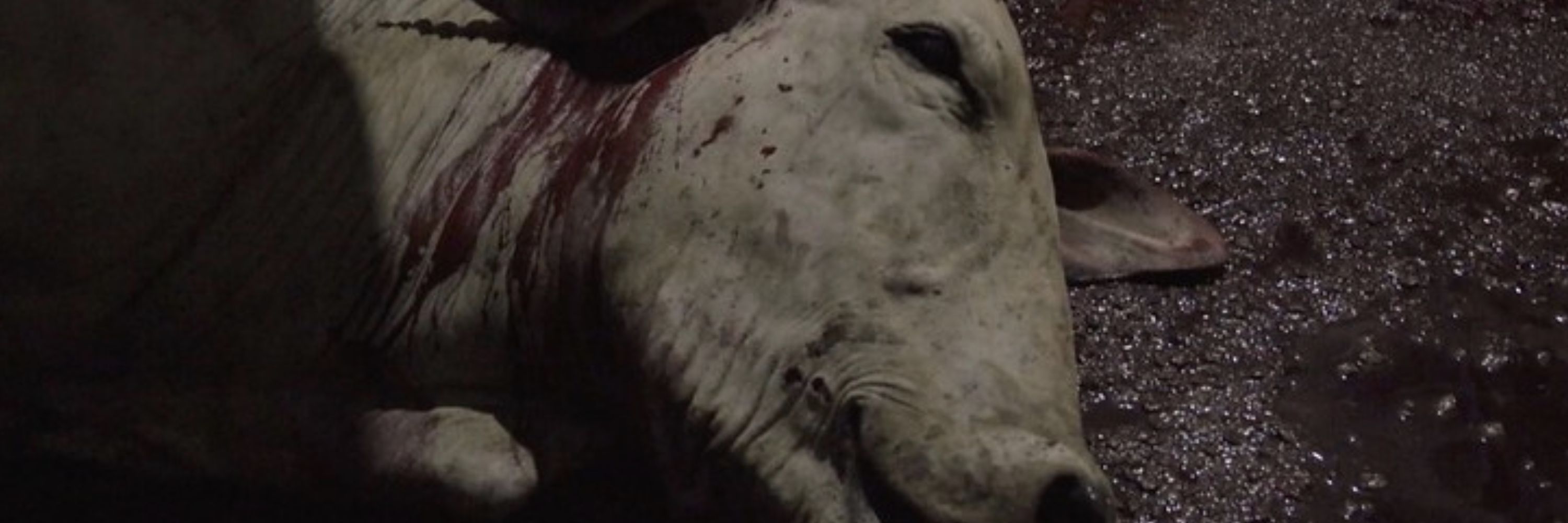
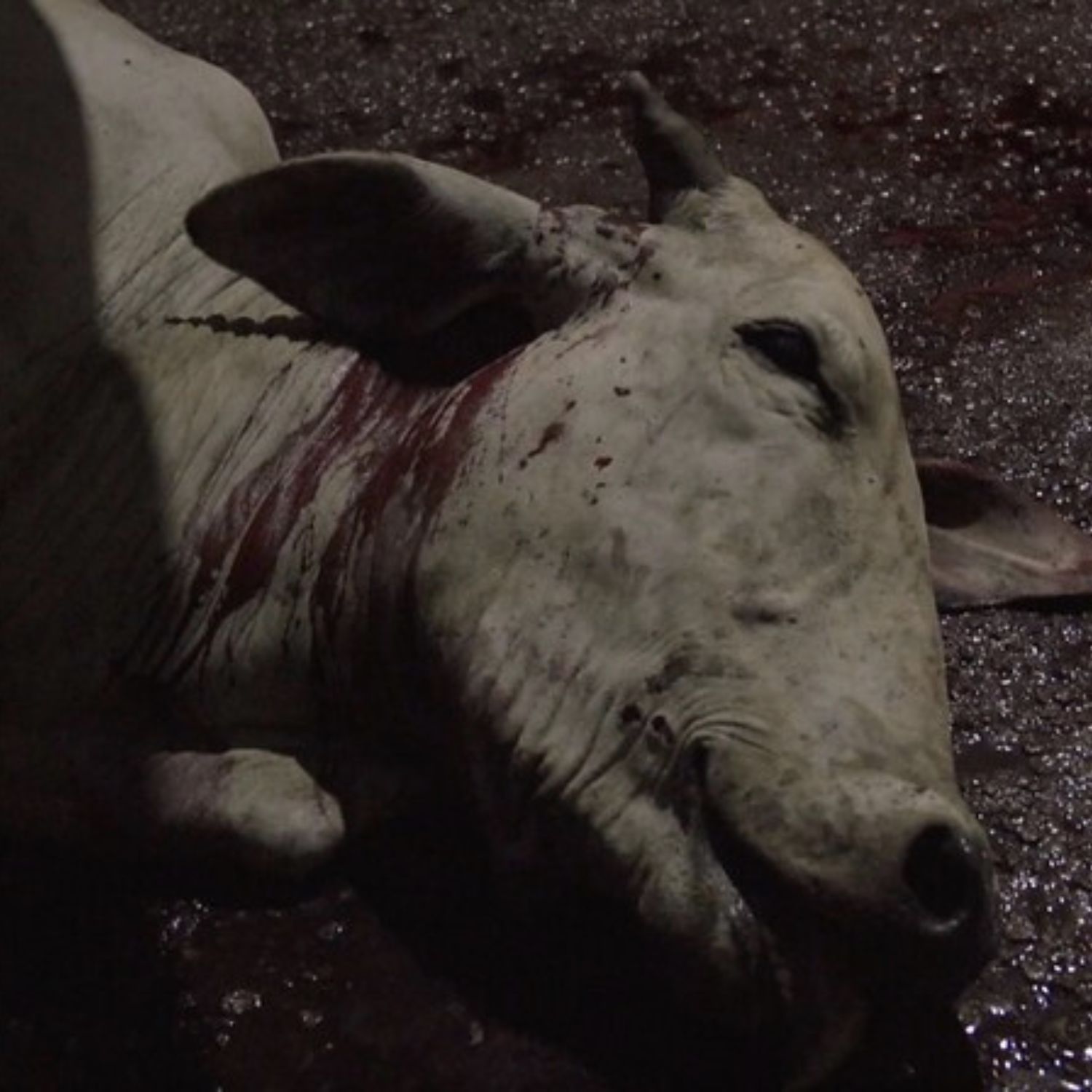
The EU and Mercosur countries reached the agreement in 2019 after two decades of negotiations, but the European Parliament halted ratification due to rising deforestation in Brazil and other criticisms. While an additional protocol has been under negotiation since 2022 to address concerns, environmental and animal protection groups warn that it does not go far enough to prevent harmful consequences.
The event at the University of São Paulo Law School, hosted by Animal Equality Brazil, brought together legal experts and civil society groups to confront a looming crisis: the mass expansion of animal suffering on an industrial scale, if enforceable animal welfare protections are not urgently included in the deal.
The report’s key findings: outsourcing cruelty
Behind the language of tariffs and trade liberalisation lies a cruel reality. If ratified in its current form, the trade agreement would significantly increase imports of chicken and cattle meat from Mercosur countries (Brazil, Argentina, Uruguay, Paraguay) – where intensive farming practices often fall far below EU animal welfare standards. Following ratification of the agreement, exports could rise by an estimated 20% for cattle and 250% for chicken meat.
This sweeping trade deal would cut South American tariffs on European cars, clothes, food, and medicines. In exchange, the EU will open its markets to South American agricultural products, including meat from cattle and chicken, honey, and sugar.
By further opening its markets to animal products from countries with lower welfare standards, the EU is effectively fuelling animal suffering overseas – resulting in billions more animals enduring confinement, lameness, heart conditions, and cruel procedures every year.
Practices that are illegal in the EU – like battery cages for hens, gestation crates for pigs, and long-distance live animal transport – remain common in Mercosur countries. Regulations are fragmented and heavily focused on productivity, often sidelining animal welfare. This means European consumers could soon be eating meat ‘produced’ in ways that would not be allowed within EU borders.
Animal Equality and Eurogroup’s report also warns of a potential increase in the use of intensive confinement systems for cows farmed for their flesh, due to tariff incentives for grain-fed cattle meat – a system only possible through such confinement.
This deal – often described as a ‘cars-for-cows’ deal – puts profits before suffering and machines before animals: the EU gains tariff-free access to Mercosur agricultural products, while Germany – and Europe at large – open doors for their automotive exports.
Since the report was launched
On the same day that Animal Equality and Eurogroup for Animals launched their joint report, the EU-Mercosur deal was due to be sent for ratification by EU member states. However, European Commission President Ursula von der Leyen decided to postpone the submission.
Following the launch, Animal Equality Brazil held a meeting in São Paulo with Member of the European Parliament, Saskia Bricmont, to discuss the impacts that ratifying the Free Trade Agreement between Mercosur and the European Union would have on animals raised for human consumption. The meeting was led by long-standing advocate for animal protection, Federal Deputy Professor Luciene Cavalcante who represents São Paulo and was attended by representatives of several animal protection organisations.
The meeting aimed to address growing concerns that, despite the European Parliament’s ongoing suspensions to the ratification process and the negotiation of an additional protocol, the trade agreement could still move forward without adequate animal welfare and environmental safeguards.
Bricmont raised particular concern over the deal’s ‘rebalancing mechanism’, warning that it could be used to challenge future legislation aimed at improving animal welfare, by framing such laws as unfair trade barriers. Cavalcante, meanwhile, underscored Brazil’s global influence as a major meat exporter and urged lawmakers to oppose any agreement that entrenches cruelty or weakens protections for animals and the environment.
She emphasised the need for special attention to export-related issues, especially at a time when the United States is discussing increased import tariffs on Brazilian products, as animals could also be negatively affected. Luciene added that, given Brazil’s prominence in animal exports, the country is in a position to innovate and adopt practices that reduce the suffering of farmed animals.
“We are making progress in Brazil in terms of legislation protecting animal rights and welfare, but it’s crucial that all animal defenders stay informed and demand that deputies take a stand”, said the congresswoman.
How the UK could be impacted: a race to the bottom?
Even though the UK is outside the EU, it still competes in the same global market – especially for cattle and sheep meat exports. If EU countries buy cheaper meat from Mercosur, this may lead to:
- Reduced imports from the UK, particularly cattle and sheep meat leading to oversupply and downward price pressure in the UK market, potentially driving farmers to intensify ‘production’ (higher crowding in farms, faster growth rates, poorer welfare).
- Farmers – both in the EU and UK – lobbying to weaken welfare standards, arguing they cannot compete with countries where animals are reared more intensively with lower standards – resulting in a welfare race to the bottom.
Additionally, the UK has no plans in place to handle the deal’s ripple effects:
- Supply chains: UK businesses may source meat that originates from abroad, including from Mercosur farms. For example, once Brazilian beef enters free circulation within the EU, it can be repackaged, processed, or relabelled and then exported to the UK in ready meals, deli products, or canned goods. Under current UK-EU trade rules, such products – if processed in the EU – may qualify for tariff-free access to the UK, even if they contain meat from countries with far lower welfare standards. Labelling regulations do not always require clear disclosure of the original slaughter or farming location, especially for processed items. As a result, UK consumers may unknowingly purchase meat from animals farmed and slaughtered under conditions that would be illegal here.
- Precedent-setting: If the EU removes standards, the UK might face pressure to follow suit in future trade deals.
- Environmental destruction: The agreement will also further fuel the destruction of precious ecosystems, impacting us all. Every day, gigantic areas of rainforest in the Amazon and neighbouring regions give way to cattle pastures and soya cultivation. The trade deal could increase annual deforestation in the Amazon by 25% and generate an additional 340 million tonnes of CO₂ over ten years, an amount almost equivalent to France’s annual emissions.
What our undercover footage shows
Animal Equality exposés in Brazil have captured heartbreaking scenes.
Investigators visited illegal, clandestine slaughterhouses operating under Brazil’s Self-Control Law – a law that shifts responsibility for inspections from government inspectors to private agents, allowing the meat industry to regulate itself.
Our team has uncovered:
- Cows forced to witness others being slaughtered, desperately trying to escape the stunning pen.
- Sledgehammers used to stun cows, often ineffectively – leaving them conscious as they were shackled and slaughtered.
- Animals skinned while still alive, visibly suffering and vocalising during the process.
- Poor hygiene, with carcasses being cut on dirty floors, risking both animal welfare and public health.
Nearly 50% of meat consumed in Brazil comes from secret facilities like the one exposed.
In 2024, capturing footage in São Paulo, Minas Gerais and Pará, our investigators highlighted significant failures in oversight and inspection:
- Intentional cruelty by workers – twisting animals’ tails, kicking them in the face and applying prolonged and high-frequency electric shocks to sensitive areas like the head, tail and genitals.
- Inadequate facility conditions – overcrowded pens, animals left under intense sunlight and high temperatures without access to shade or water, Improper flooring causing animals to slip and fall.
- Improper stunning – poor restraint systems and ropes being tied around animals’ necks as an alternative, defective and misused equipment caused ineffective stunning, with recurring failures, animals enduring multiple stunning attempts, including one instance where a single animal was shot seven times without success.
- Excessive time between stunning and bleeding – animals waited over two minutes before bleeding after an attempt to stun them, exceeding the legal limits of 30-60 seconds, depending on the method.
- Mutilations performed on live animals – animals had their skin removed and limbs cut off before death was confirmed, often before the legally required three minutes after bleeding began. This was made worse by inadequate stunning, leaving animals conscious and enduring extreme pain and suffering during these mutilations.
What you can do to help
If accepted in its current form, the EU-Mercosur deal would entrench cruelty and injustice on a staggering scale.
The good news? There’s still time to act – and a chance to stop this deal before it causes irreversible harm to billions of animals.
You can protect animals in the UK and around the world by:
- Staying informed – share this article with friends and family so they understand the hidden welfare risks behind trade deals.
- Writing to your MP – warn them of the EU-Mercosur deal, how it could impact the UK and ask them to use their platform to ensure imported meat meets UK/EU welfare standards.
- Eat plant-based – the best way to protect animals is to choose plant-based alternatives to meat, dairy and eggs. By avoiding animal products, you are avoiding financing animal suffering.
Trade agreements are not just economic tools – they shape our treatment of animals and nature. The EU-Mercosur deal is a test of our global values. UK and EU standards are still poor – animals trapped in the farming system undergo mutilations, forced pregnancies, lameness, heart attacks and crowding; they live in miserable, barren and filthy conditions, and millions are crammed into cruel cages. The only way animals can ever be truly spared from this misery is for us, as consumers, to move away from consuming animal products and eat more plants instead.
And, as we inform society at large about the experiences of animals in farms across the UK, EU, Mercosur and beyond, we must also ask ourselves: will we accept a flood of cheap and especially cruel animal products from abroad? The decisions we make – through policy, purchases, and the products on our plates – have consequences far beyond our borders.
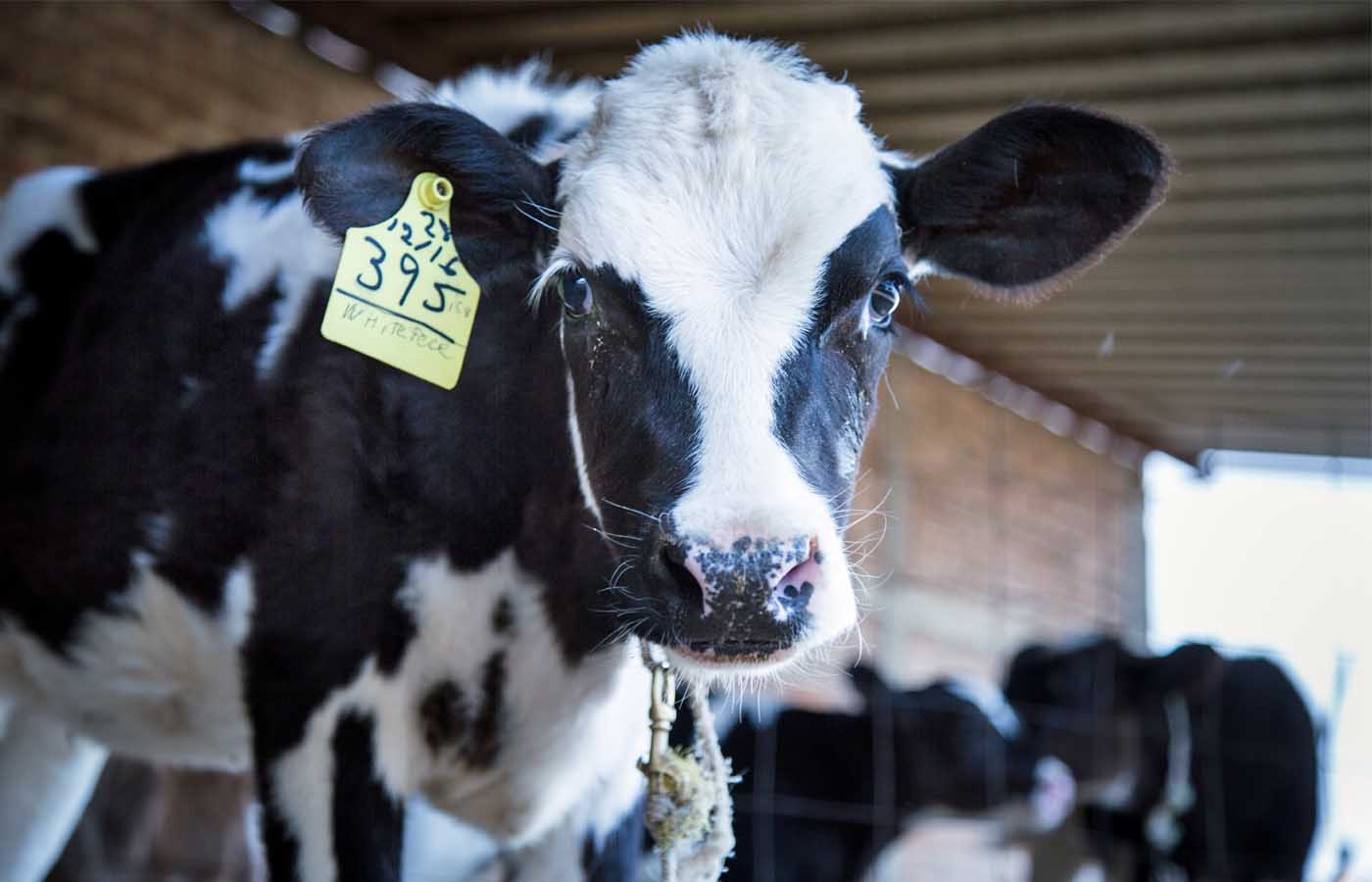
Protect cows and calves
Every day mother cows are separated from their newborn calves, just so milk can appear on the shelves of supermarkets. Protect cows by choosing plant-based dairy alternatives.

